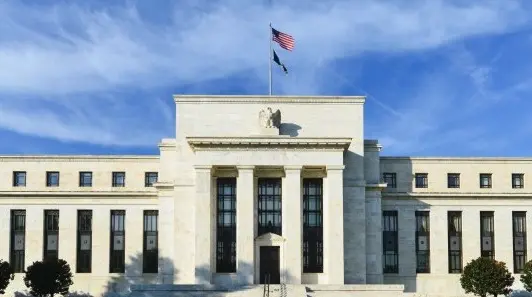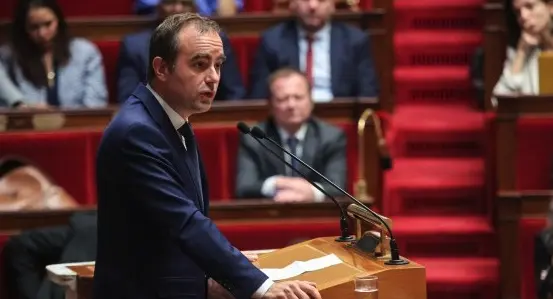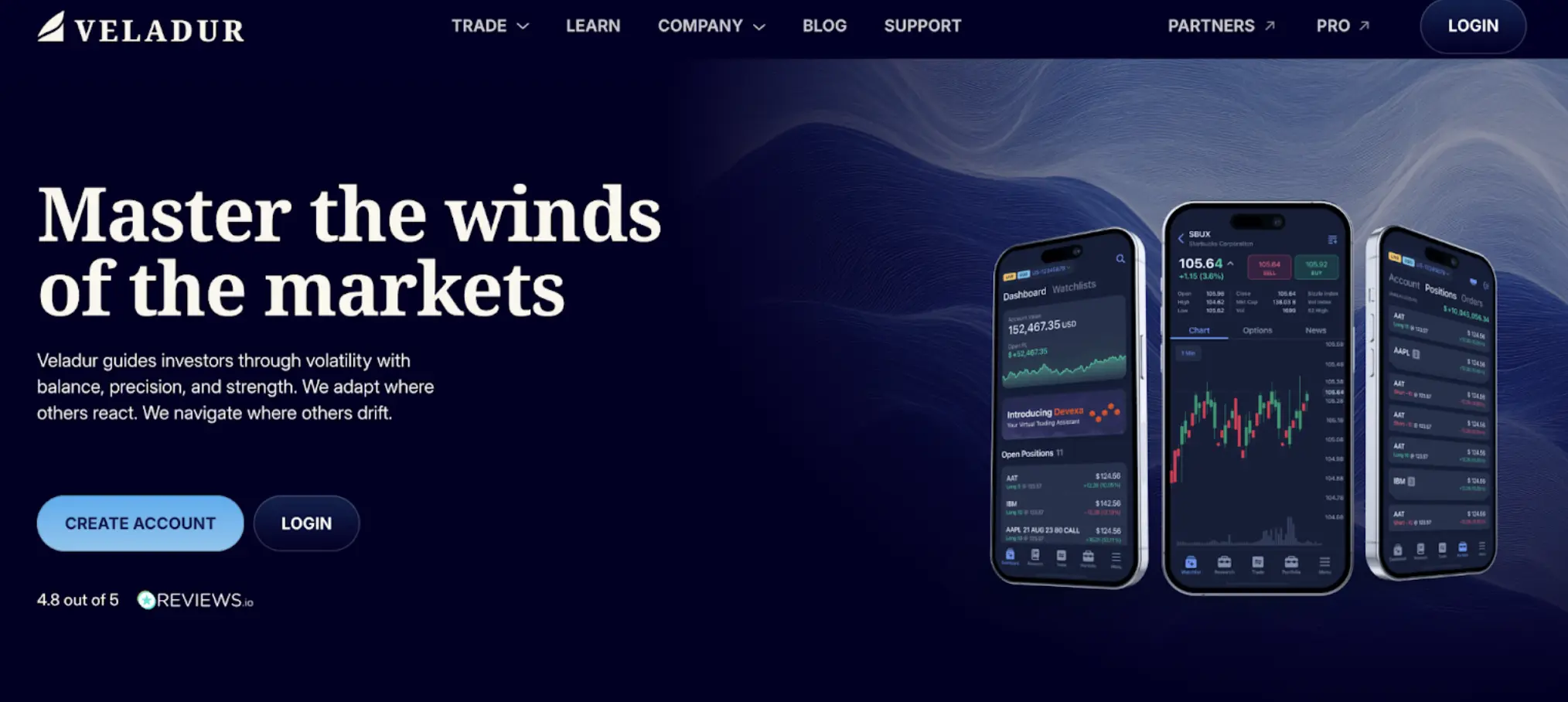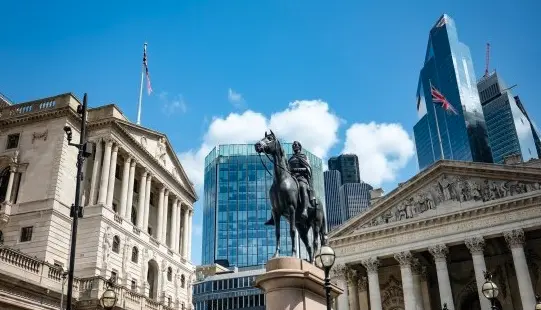Palantir plunged nearly 10% (the company is trading on a price-to-earnings ratio north of 500). Nvidia, with a P/E of 56 but vulnerable ahead of next week's earnings, fell over 3%, while other AI-linked stocks such as Arm, Oracle and AMD also lost ground. The weakness dragged the Nasdaq down about 1.5%, its steepest drop since the start of the month, as investors rotated into defensive sectors including utilities, real estate and consumer staples.
Intel was a rare bright spot, rising 7% after a volatile month of swings tied to both political and corporate news. Earlier this month, Donald Trump had called for CEO Lip-Bu Tan to resign given his track record of investing in Chinese tech firms. Yet a subsequent White House meeting signaled improving relations, with the government announcing plans to take a non-voting stake in the company. That news drew a mixed market reaction, with concerns that the move was more about shoring up domestic production than commercial demand. Sentiment improved yesterday when SoftBank unveiled plans to buy a $2bn stake in Intel to co-develop chips that could compete with Nvidia in the AI space. Though the deal must have been backed by political sweeteners, Softbank wants to design and build a chip to compete Nvidia in the AI space, and if Intel could help them do it, there could be a solid synergy. And the latter would give Intel a seat in the AI room – a seat that the company couldn't secure since OpenAI saw the daylight. Just last month, the company announced a $3bn loss. So, the plan is for the US government to revive Intel and Softbank take part of it. Softbank plunged more than 10% since the news broke. But a part that selloff is linked to the overall stress that there may be a bubble as the company holds big chip names as Nvidia, TSMC and ARM.
If there is a bubble to get burst, companies with relatively lower valuations, strong earnings and decent cash will be less harmed than those that are purely pushed higher on AI hype. The easiest way to see who's more vulnerable to sharper losses is to check the PE ratios and eventually tidy up portfolios. Investors are also rushing into so-called "disaster" puts, driving put skew — the cost of downside puts relative to upside calls — to highest level in nearly three years, according to 22V Research.
But "insane" valuations are only part of the stress. Caution is also mounting ahead of Federal Reserve Chair Jerome Powell's speech at Jackson Hole on Friday. Market bets for a September rate cut have surged since investor Scott Bessent floated the idea of a 50bp move. While that appears unlikely, the speculation has made a 25bp cut look almost certain, even as producer prices flashed a sharp increase last month. Powell now faces pressure from the government to cut rates amid a softening labour market, but also the risk of fueling stagflation if inflation re-accelerates. Trump has already criticized Powell for being "too late" on past inflation, sharpening the political backdrop.
The US 2-year yield remains near 3.75%, with expectations centering on a 25bp cut in September and another before year-end — provided inflation doesn't spike. Any hawkish adjustment in Powell's tone could lift yields, extend the US dollar's recovery, and accelerate the equity selloff. Still, 22V Research notes that the average pullback in the past 18 months has been around 12.5%, suggesting a repeat of April's 20% meltdown is less likely.
Inflation in the UK accelerated faster than expected in July. The headline figure ticked up from 3.6% to 3.8% versus 3.7% expected by analysts, core inflation also rose to 3.8% versus 3.7% expected. Stronger-than-expected CPI numbers further reduce the chances of seeing the Bank of England (BoE) cut rates in November. The BoE sees inflation further peak to 4% in the coming months. Sterling is higher after the CPI figures and has room to factor in more hawkishness amid inflation risks and past few days' positive surprise on growth and production data.
























































































